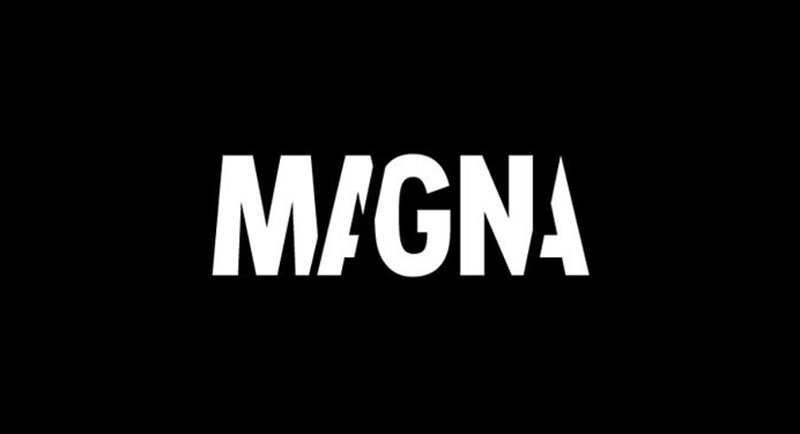Magna Global has revealed its Global Advertising Forecast for December 2022.
The overall forecast revealed that traditional media is resilient through global economic uncertainty but that social media has stalled.
In Australia, the report found the advertising market grew by +8% this year. Meanwhile, digital advertising spending grew by +9% this year to reach AUD 16.2 billion. Looking ahead to 2023, digital advertising is set to lead the advertising economy, growing by 5% to reach AUD 23.5 billion
Lucy Formosa-Morgan, CEO MAGNA Australia, said: “2022 was a strong year for ad growth in Australia as a whole.
“With so many global and local pressures (Russia’s invasion of Ukraine, China’s COVID zero-tolerance stance impacting manufacturing, inflation, seven interest rate rises, etc.) impacting consumers, we do envisage that consumer spending will start to reduce in the new year and as such we are forecasting that total ad spend for 2023 will be low single digit growth with only a handful of channels showing growth,” she added.

Lucy Formosa-Morgan, CEO MAGNA Australia
The Magna Global’s forecast showed Australia’s advertising market grew by +8% this year to reach AUD 22.3 billion ($16.8 billion) and an additional +5% in 2023 to AUD 23.5 billion ($17.7 billion), reflecting the economic growth environment.
GDP will continue its growth by +3.8% this year on a real basis, following a very strong economic rebound in 2021 of +4.9%, according to the findings. It also added that Mobility has returned to normal levels as inflation increases by +6.5% in 2022 and by +4.8% in 2023.
Magna Global found that digital advertising spending grew by +9% this year to reach AUD 16.2 billion ($12.1 billion). This represents 72% of total ad spending. This is only behind the China, Canada, Norway, Taiwan, Sweden, and the United Kingdom, for highest share of digital advertising budgets as a percent of total ad spending.
Growth is led by mobile advertising spending, which will increase by +12% to AUD 11.2 billion ($8.4 billion). By format, search (+12%), video (+12%), and social media (+7%) are leading the way.
Linear advertising formats grew by +3% this year to reach AUD 6.2 billion (4.6 billion). This follows 2021’s +14% growth for linear advertising sales and represents 95% of the pre-COVID linear ad spending total. However, given that television is expected to continue eroding, and print continues its long decline, linear ad spend will never reach the pre-COVID highs in Australia.
Linear Television is set to shrink by 2% in 2022, despite a relatively strong H1 buoyed by the Federal Election and political party spend, and the return of Travel and Entertainment categories fuelling demand post the 2021 lockdowns.
H2 expenditure dragging, with the additional note on YOY comparisons with 2021 Olympics, and the 2021 Q3 lockdowns in key markets skewing spend to TV. Erosion is expected to continue in 2023, forecast down -7%, as viewing continues to shift from linear television to digital formats.
Magna Global’s findings also found that other linear formats expanded this year (radio +10% to AUD 687 million, out of home +23% to AUD 1.1 billion), but print will continue its decline (-3% to AUD 423 million).
Looking forward to 2023, Australia’s advertising economy will grow by +5% to reach AUD 23.5 billion ($17.7 billion), with digital advertising again leading the way (+9%), according to the forecast.
While this is not as strong as this year in 2022, it represents 2/3 as much incremental digital ad spending. The growth comparison is just more difficult as it is up against the tremendous performance from 2021 and this year rather than the extremely weak performance of 2020.
